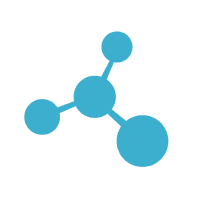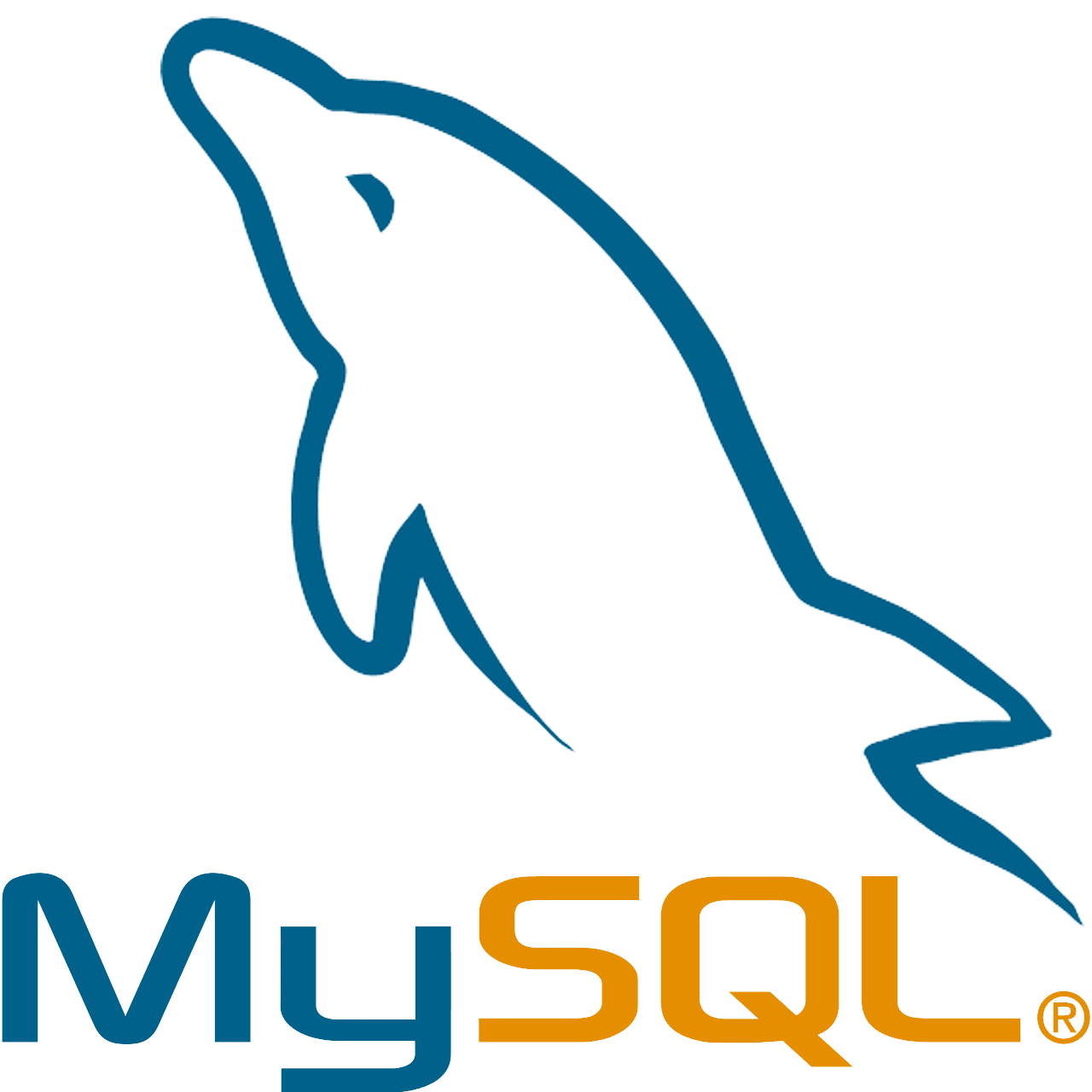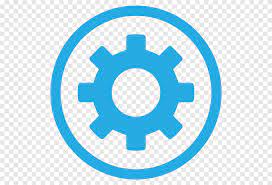Laser-focused Software Testing and Quality Assurance Services for Zero Scaling Hurdles
From initial test planning to end-to-end validation, we support your QA journey at every phase with highly skilled quality assurance and software testing services. Whatever your stage, our QA developers and experts work closely with yours to ensure the quality is aligned with the vision.
Our promise — robust testing strategies, automated and manual QA workflows, continuous performance monitoring, and expert feedback loops. Let’s create flawless digital experiences, together.

























































Types of Software Apps We Test for Quality Assurance
From concept to production, we ensure every layer of your software meets the highest quality standards, so you can launch with confidence. Our QA consulting and software testing services span functional validation, security compliance, usability, and performance testing to help you build resilient and reliable digital products.
We partner with your teams to deeply understand the use cases, user expectations, and technical requirements. This collaborative approach results in QA strategies that uncover hidden issues early, reduce risk, and support faster, smoother releases at scale.
NO BUGS SHALL PASS
Services We Provide in Quality Assurance and Software Testing
Our Quality Assurance and Software Testing services are designed to ensure that every product we deliver is robust, reliable, and user-friendly. From functional testing and performance validation to security audits and UI/UX consistency checks, we cover the entire spectrum of testing needs. We simulate real-world usage across devices, platforms, and environments to identify issues early, reduce release risks, and ensure smooth, consistent experiences for your users—every time.
Testing on Real Devices and Functional Checks
Business Testing
Performance Evaluation
Design Checks and Compatibility Testing
App Store and Installation Optimization
User Interaction and Security Checks
Security Testing

Industries that We Cater To
Our QA and software testing expertise spans a wide range of industries, each with its own unique demands. From compliance-driven healthcare apps to high-performance fintech platforms and scalable on-demand systems, we ensure quality, reliability, and user satisfaction at every touchpoint.
THE GEEKYANTS ADVANTAGE
Why Choose GeekyAnts as Your QA and Software Testing Company?
We don’t just test for bugs—we take full ownership of your product’s quality to ensure it meets user expectations and industry standards. With 17+ years of experience as a trusted QA and software testing company, our focus is on building reliable, scalable, and secure software through meticulous testing practices and automation-led processes.
Every QA consulting and software testing service we deliver is aligned with your business goals, product roadmap, and customer journey. With GeekyAnts, QA is not a checkbox—it’s your competitive edge.

Aligned With Your Product Goals
We integrate early with your teams to align QA efforts with product priorities and timelines.
Security and Compliance Testing
We test against industry regulations to help you meet compliance and security standards.
Domain-Specific QA Expertise
Our QA and software testing engineers bring experience from industries like healthcare, fintech, e-commerce, and more.
Actionable Insights and Test Reporting
We provide detailed QA reports with recommendations for improvement, not just issue lists.
Scalable QA Infrastructure
We scale software testing efforts as your product evolves, ensuring speed and quality at every stage.
Proven Quality Track Record
We’ve enabled high-quality releases for fast-scaling startups and enterprise-grade platforms alike.
OUR APPROACH
End-to-End Quality Assurance for Performance and ROI
STEP 1
Requirements Analysis and Strategy Definition
STEP 2
Test Planning with Environment and Tool Setup
STEP 3
Test Case Design for Functional and Edge Scenarios
STEP 4
Automated and Manual Test Execution
STEP 5
Cross-functional Team Enablement
STEP 6
Regression Testing and Integration Setup
STEP 7
Performance, Load & Security Testing
STEP 8
Scalability Testing for Real-world Readiness
STEP 9
Release Validation and Continuous Improvements
TECH STACK
We Specialize in AI Solutions, Experience Design, and End-to-End Development Frameworks

GPT

Llama Index

Prompt Engineering

Long chain
FAQs
Learn More About Our Quality Assurance and Software Testing Services
The cost of QA services depends on your scope, testing depth, and delivery model. At GeekyAnts, we offer flexible pricing based on the complexity of the project.
- $25–$60/hr for standard manual testing
- $80–$200/hr for automation, compliance-heavy, or performance-intensive projects
- Project-based: From $5,000 for MVPs to $100,000+ for enterprise-grade QA cycles
Hiring a QA & Software Testing engineer through a specialized team helps reduce rework, accelerate delivery, and achieve better long-term economics.
QA should start early, during requirement analysis or sprint planning, not post-development. Projects that integrate QA from the beginning avoid delays, minimize bugs, and save significant rework time.
You need QA at:
- Initial planning and technical scoping
- Each sprint cycle and release milestone
- Feature integration and regression phases
- Pre-launch validation and user acceptance testing
With early QA, bugs don’t snowball—they get resolved before they impact your timeline.
A reliable QA partner helps de-risk development, reduce production issues, and improve delivery velocity. With structured test planning, real-time tracking, and simulation environments, each release becomes more dependable.
Key benefits include:
- Fewer critical bugs in production
- Higher user satisfaction and retention
- Compliance readiness in regulated industries
- Predictable release cycles and team confidence
Hiring a QA & Software Tester is a long-term safeguard for your development investment.
As a leading Quality Assurance and Software Testing company, GeekyAnts embeds QA into your product roadmap from day one. We do not wait for development to finish—we move in parallel, aligning test cases with features and goals.
Our QA and software testing engineers combines manual and automated testing across real devices, ensuring full coverage and early risk detection. With structured processes and real-time insights, we make sure quality supports your growth, not slows it down.
There’s no one-size-fits-all timeline. Testing can range from a few weeks for MVPs to several months for large systems with layered dependencies.
From our experience:
- Small apps: 2–4 weeks
- Mid-scale platforms: 1–2 months
- Enterprise products: 3+ months (with ongoing cycles)
The more integrated QA is into your SDLC, the faster and smoother your releases become.
Factors that Shape The Testing Timeline:
- Feature complexity and platform diversity
- Type of testing (manual, automation, load, security)
- Testing environment readiness and device availability
- Coordination between dev and QA teams
At GeekyAnts, we optimize test cycles using automation and parallel testing on 100+ real devices—cutting down QA timelines without compromising depth.
Outsourcing gives fast access to experienced QA & Software Testers without the overhead of building internal teams.
Advantages include:
- Certified testers with industry-specific expertise
- Faster onboarding and time-to-test
- Access to real devices and testing labs
- Scalability during release peaks
- Strategic input to improve coverage and velocity
For scaling teams, a trusted QA and software testing company helps remove bottlenecks while maintaining product confidence.
Software testing detects bugs and verifies expected behavior. QA is broader—it includes test planning, process control, documentation, and continuous improvement.
A full-service QA and software testing services company doesn’t stop at test execution—it designs systems that prevent errors and ensure long-term product reliability.
Software Testing and QA Services Insights & Best Practices
Discover the latest blogs on Software Testing and QA Services, covering trends, strategies, and real-world case studies.











































